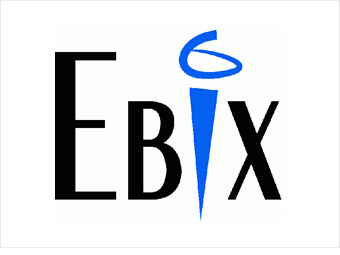Ben Bernanke Says Stocks Aren’t Expensive
In his latest blog post for the Brookings Institution, the former Federal Reserve chair said the easy-money policies deployed during his tenure at the central bank have arguably only returned stock prices to “normal” levels.
Mr. Bernanke crunched the numbers and found that the S&P 500 rose by about 1.2% each quarter from the end of the 2001 recession through the fourth quarter of 2007–the pre-crisis business cycle peak. If the S&P had continued to climb by that same rate, Mr. Bernanke’s math tells him the S&P 500 would have sat at about 2123 in the first quarter of this year. That’s three points above its first-quarter top of 2120 in February and 55 points higher than where the index finished the first three months of the year at 2068.
While the former Fed head says there are of course many ways to calculate the normal level of stock prices, he thinks most would lead to a similar conclusion.
Source: Janet Who? Ben Bernanke Says Stocks Aren’t Expensive
